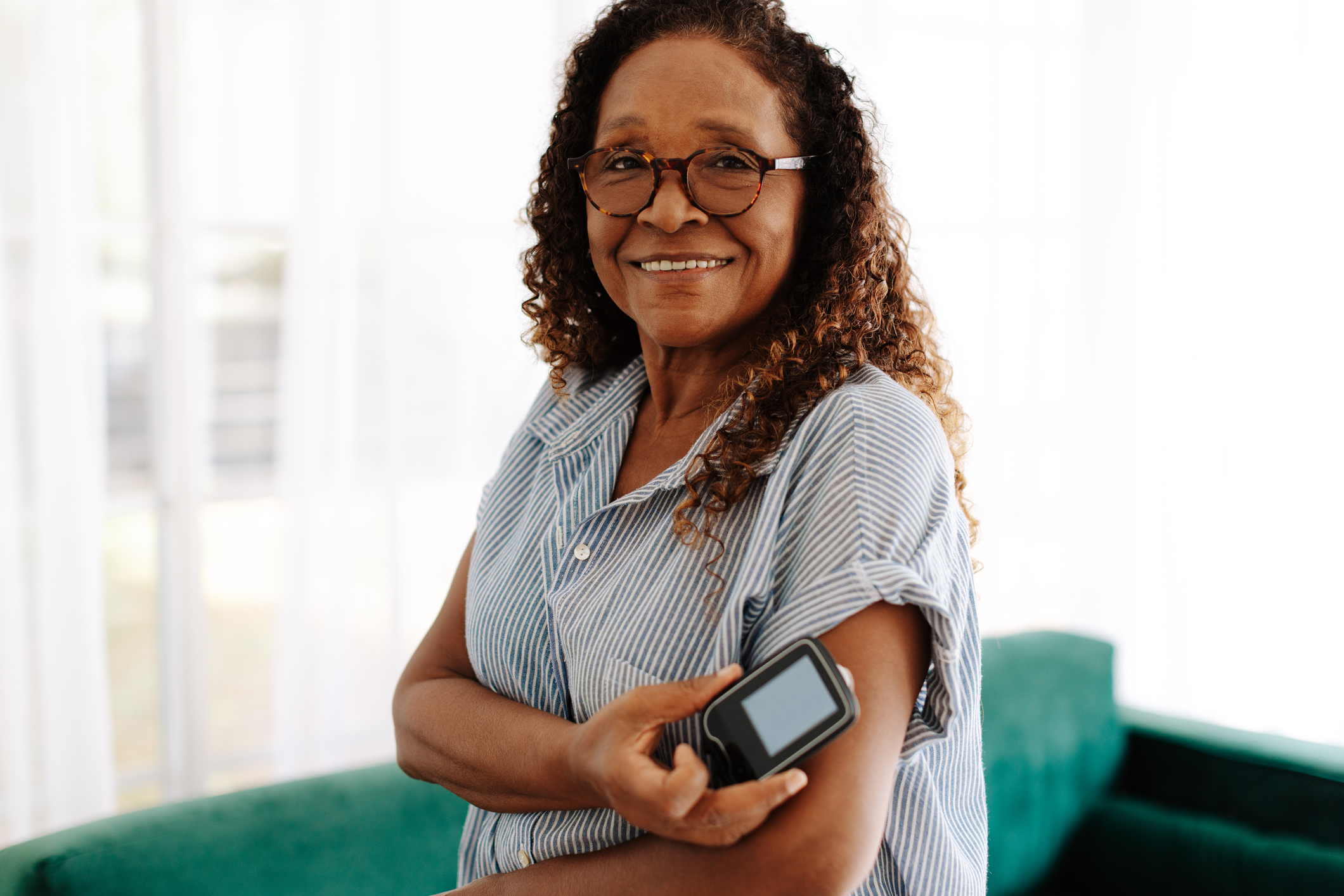Millions of Americans have diabetes. Some of those individuals effectively manage their condition with medications and lifestyle modifications. Yet there is a growing number of those benefiting from wearable devices and other technologies shown to help people with diabetes achieve and maintain glycemic control.
“An increasing number of digital tools—such as continuous glucose monitoring (CGM) systems, connected insulin pens and Smartphone apps—can help people with diabetes safely reduce their risk of developing serious, acute and long-term complications. But multiple barriers continue to prevent equitable access and optimal use,” says Dr. David Kerr, a senior scientist at Sutter’s Center for Health Systems Research.
He and his colleague Dr. David Klonoff, medical director of the Diabetes Research Institute at Sutter’s Mills-Peninsula Medical Center have been studying ways to create a new approach to more equitable, digitally connected diabetes care.
“The digital revolution has connected wearable sensors for patient-generated health data, software for decision support and education, and remote telehealth communication tools for real-time and asynchronous communication with healthcare professionals. People with diabetes can now use new sources of personalized data to benefit from real-time insights and digitally determined therapies. These approaches may lead to healthier behaviors and improved and equitable health outcomes,” says Dr. Klonoff.
The researchers believe a roadmap systematically implemented across the healthcare system could better connect more individuals with evidence-based digital tools. These technologies may aid patients in managing their diabetes and help establish clinical best practices to optimize use and help drive better health outcomes.
Findings recently published by Dr. Kerr and Dr. Klonoff in Endocrinology Practice outlined these key pillars that are an essential part of this roadmap:
- Equitable access: individuals from underserved communities may not have access to the full range of digital tools and telehealth, including a consistent and reliable connection to the internet or space to speak privately with their clinician during virtual visits. Some individuals are unable to purchase devices like CGMs because of their insurance status.
- Sufficient data collection: to adequately capture information from people with diabetes using digital tools like wearable devices, data are needed from several sources — biological (glucose, insulin dose and timing, blood pressure, weight), behavioral (frequency and severity of hypoglycemia, physical activity, food choices) and psychosocial (diabetes distress, fear of hypoglycemia and weight gain, loneliness and depression).
- “Passive data integration”: ideally data should be incorporated into a diabetes management system that is integrated across primary and secondary care. This system should be part of the EHR, which can be accessed by people with diabetes and their healthcare providers.
- Insights and support: an integrated data ecosystem contains the full “picture” of the individual (biological, behavioral and psychosocial) and should be culturally relevant to all stakeholders.
- Access and intelligence: health systems should identify challenges in the delivery of and access to care and determine what solutions/actions will help solve those challenges — in the right setting at the right time, with a treatment plan that is “right” for individual patients.
- Advantages to patients and the health system: an equitable, digitally enabled diabetes care model that provides people with diabetes personalized, guidelines-based treatments and recommendations for lifestyle modifications may help reduce costs to patients and the healthcare system.
Dr. Klonoff and Dr. Kerr are helping advocate for greater scientific literacy. In collaboration with the Diabetes Technology Society, these two physicians recently launched a series of podcasts focusing on developments in diabetes technology and a book about diabetes digital health, telehealth and artificial intelligence. Tune into the podcasts to learn more.
“Living with diabetes is neither easy nor straightforward. We’re excited to begin bringing a more equitable, personalized and digitally accessible approach to diabetes care to more Sutter patients,” says Dr. Kerr, who will collaborate with Sutter researchers and the organization’s digital team to study, pilot and launch digital health tools that seek to provide measurable health and economic benefits. He will also partner with leaders in Sutter’s Institute for Advancing Health Equity and work on creating a network of “community scientists” to help ensure equitable access to and understanding of digital health technologies for diabetes care across the Sutter system.





